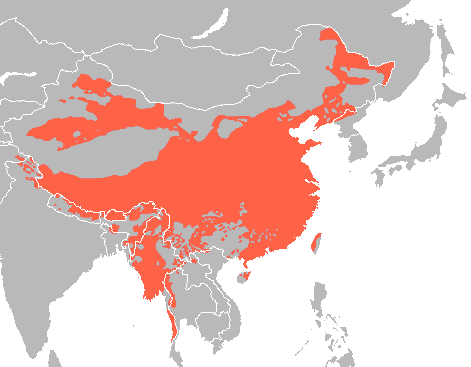Ask anyone from Singapore or Hong Kong if they find either English or Chinese difficult, and they'll simply say "neither" because they grew up with both.
That's not true.
The majority of ethnic Chinese in Singapore find Chinese harder to learn as compared to English. Perhaps 1 of the reasons for this is due all the other subjects being taught in English (subjects such as Maths, physics, chemistry, geography, etc).
With regard to Chinese as a language, learning basic conversational Chinese isn't too difficult. Learning how to recognise the basic characters is a bit harder, but not too difficult either. Learning how to write basic Chinese is even harder, particularly for those who don't actually write it in a day-to-day basis. Now, trying to use Chinese as a language for business dealings (scrutinising contracts, understanding legal terms, etc) is even more challenging.
While the rise of PRC will make Chinese 1 of the more widespread languages, it will be difficult for Chinese to displace English as the main international language within this century for the following reasons:
1. International business and legal institutions have been using English for a long time. And this has been refined over the years. Trying to translate that into Chinese will be difficult.
2. International scientific community uses English. Trying to convert the teaching of advanced scientific concepts from English to Chinese will be a monumental effort as it will also require the translation of all previous scientific work into Chinese.
3. There is also the matter of the 1+ billion population in India that uses English (in addition to EU's 500 million, US' 300+ million, etc).
Having said that, there's nothing stopping Chinese from being 1 of the working languages in UN and other international organisations. But, I'm not holding my breath to see a UN Resolution issued in Chinese just yet.

